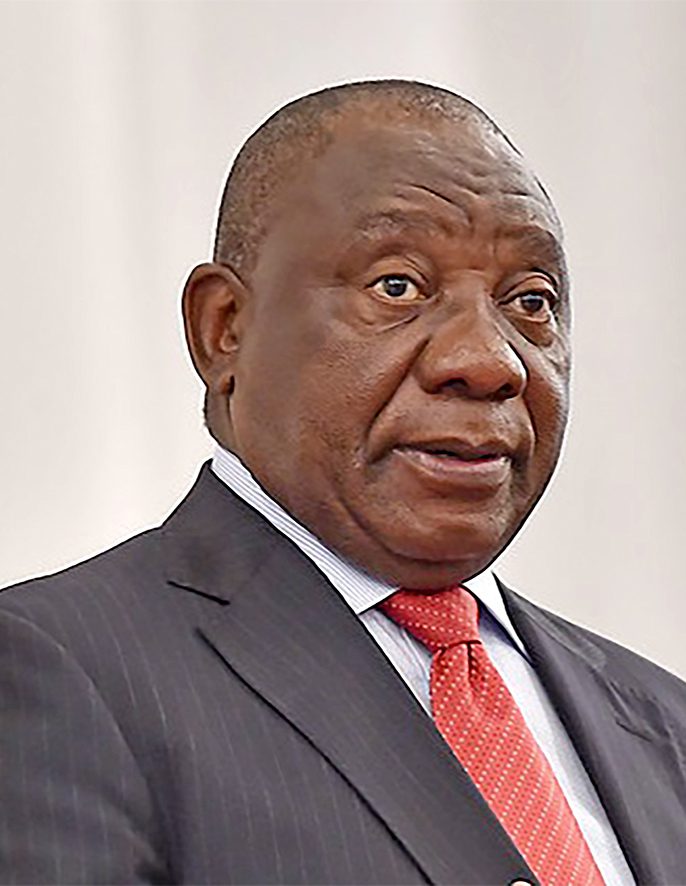Since he took office in February 2018, one of President Cyril Ramaphosa’s significant failings has been his lack of decisive actions, according to an economist.
“The failure to act urgently has cost the president a lot as people are turning away from his party because of the lack of infrastructure delivery, including roads, education and hospitals. All of those create jobs.
“The lack of urgency is a big problem,” independent economist Thabi Leoka told Sunday World during an interview.
In addition, she said Ramaphosa had shown no urgency in removing people from his team who failed to respond to his vision of the country’s future.
She said Ramaphosa had also failed to achieve a lot of quick wins early in his presidency.
“He should have taken a strong lead without having to put together task teams and commissions. He could have led on issues like unemployment, crime and poverty.”
She said she was concerned about how the South African government had communicated with the public about Eskom. “At two power stations, in particular, we do not know what the challenges are and where the problem is outside what Eskom is telling us.”
Ramaphosa should have handled the local energy crisis in a more centralised and coordinated way, she added. “I think it was handled messily. Unfortunately, in a crisis period, the government is disintegrating before our eyes.”
Many economic indicators have deteriorated sharply since February 2018. These include:
- The rand exchange rate has substantially weakened;
- The local unemployment rate at record highs;
- Inflation has risen well above the Reserve Bank’s inflation target range of 3% to 6%;
- The average cost of the household food basket has increased significantly;
- The country’s ability to pay back its debt, as assessed by global credit rating agencies, has deteriorated;
- The South African government’s major fiscal metrics have worsened;
- Consumer and business confidence have also fallen ;
- Eskom’s performance, especially the extent of power cuts, has worsened substantially, and the economy has lost billions of rand in earnings.
However, Leoka said the major event since Ramaphosa came to power was the onset of the Covid-19 pandemic, which impacted many local economic indicators.
Maarten Ackerman, Citadel’s chief economist, agreed with Leoka’s sentiments.
“The deterioration in many local economic indicators has nothing to do with the president.
“We had a global pandemic and the war [in Ukraine].”
However, he said that under Ramaphosa, the pace of reforms had been slow.
Ackerman pointed out a silver lining. Last year, there was a pickup in gross fixed capital formation as a percentage of GDP. The higher the level of an economy’s capital formation, the faster it is likely to grow.
‘This shows how much the private and public sectors want to invest in the economy. In contrast, before President Cyril Ramaphosa took over, there was a massive decline in gross fixed capital formation as a percentage of GDP,” he said.
For more business news from Sunday World, click here.
Follow @SundayWorldZA on Twitter and @sundayworldza on Instagram, or like our Facebook Page, Sunday World, by clicking here for the latest breaking news in South Africa. To Subscribe to Sunday World, click here



